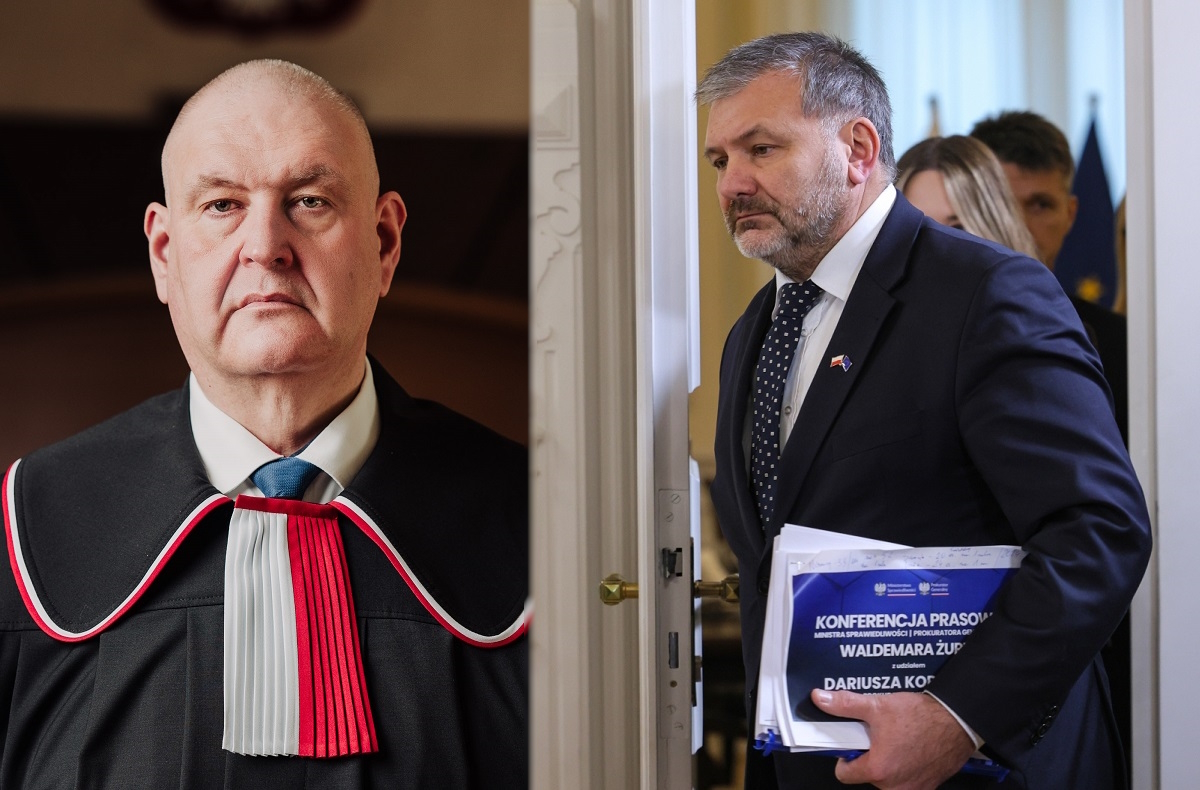The Constitution only applies on paper, and the Constitutional Court is paralyzed and fails to fulfil its role. “We live in constitutional dualism,” says Prof. Piotr Tuleja in an interview with “Rzeczpospolita”. According to the erstwhile judge, TK Polska went back to the realities of the 19th century, and increasing legal chaos may lead to increased expectations of authoritarian power.
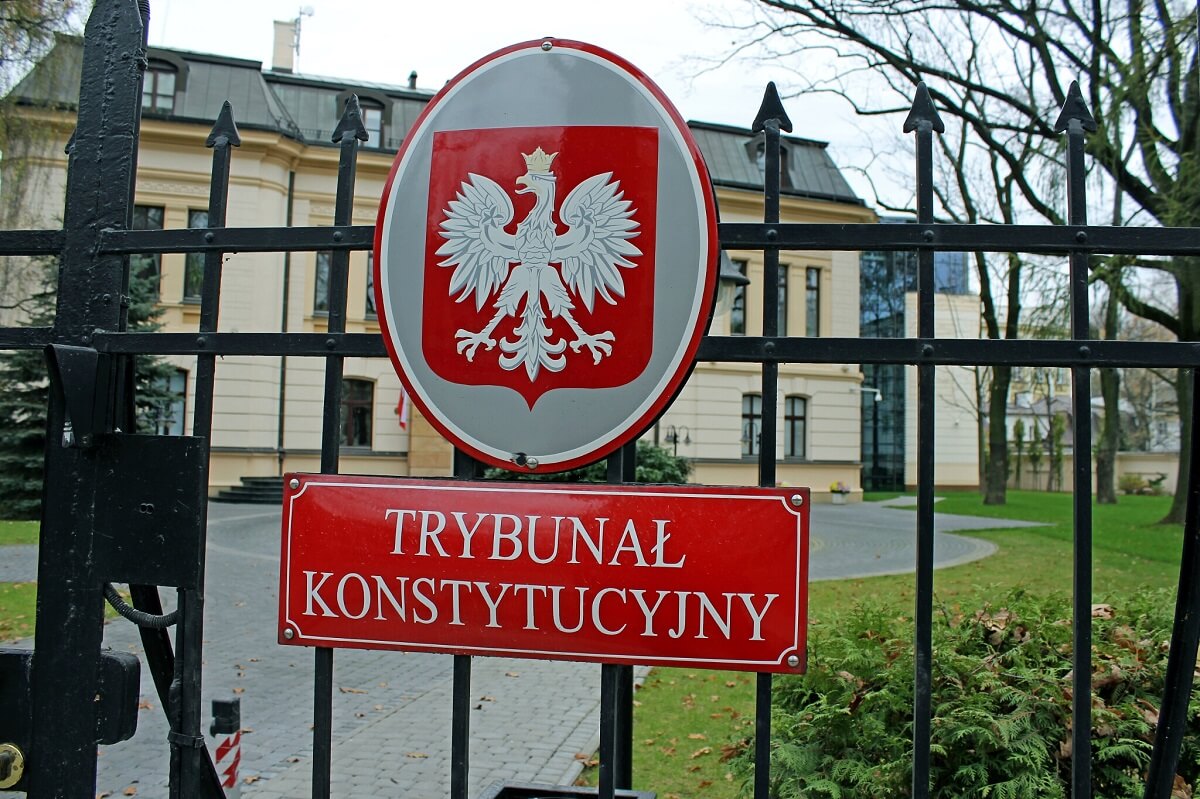
Constitutional Court. photograph by Lukas Plewnia / flickr
Constitution as Decoration
Prof. Tuleja, erstwhile justice of the Constitutional Court and president of the Polish Society of Constitutional Law, in an interview published on 20 July 2025 points to a phenomenon which he calls constitutional dualism. It means a situation in which the constitution is formally in force, but in practice it does not set real limits to power. In Tulei's opinion, the paper has become a "political programme" without superior power.
It is simply a state resembling the 19th century constitutional monarchies, where the basic laws existed but were systematically celebrated or ignored. As Tuleja notes, Polish institutions are increasingly acting as though the constitution was simply a declaration, not a origin of the law of the highest order.
Paralysed Constitutional Court
The situation in the Constitutional Tribunal is central to the crisis. After the 2015 election, the selection of legal judges was invalidated and the alleged double judges were appointed in their place. president Andrzej Duda refused to curse in 3 judges elected by the erstwhile Sejm, which was declared unconstitutional by many lawyers.
In the following years, provisions were introduced that de facto subordinate the Court of Justice to the executive authority. The standards of judgement were lowered, procedures changed, and the staffing of the Court was dominated by individuals loyal to the ruling party. Today, the Constitutional Tribunal has ceased to be an independent arbitrator in constitutional matters and its rulings are frequently not published in the authoritative diary of the Laws, which prevents their application.
Legal chaos alternatively of the regulation of law
Professor Tuleja warns that the expanding legal chaos undermines the foundations of the regulation of law. If the judgments of the Constitutional Tribunal are not published and the courts are not clear about the legal situation in force, not only the strategy but besides average citizens suffer. The rule of legal certainty ceases to apply, and it is replaced by arbitrariness and discretion.
Tuleja points out that courts are starting to act as ‘the act’ – they are only to apply the law laid down, without being able to measure it in the context of the Constitution. This contradicts the thought of a constitutional judiciary and undermines the primacy of the fundamental law.
Authoritarianism as Temptation
There's a danger in these conditions. Citizens tired of chaos, conflicts, and the unpredictability of law can increasingly look toward strong, centralised power.
As Tula emphasizes, past shows that in moments of constitutional crises, societies are ready to sacrifice civilian liberties in exchange for a sense of order. It is simply a way leading to authoritarianism, even if at the beginning of a maintaining appearance of democracy.
Is repair possible?
Fixing the current situation would require not only political will, but above all social consensus on the importance of the Constitution. Prof. Tuleja does not hide pessimism: in his opinion no political force has any interest in rebuilding an independent Court that could effectively restrict its power.
At global level, Poland has been in conflict with the EU institutions for years. Critical reports by the European Commission, the rulings of the EU Court of Justice or the opinions of the Venice Commission clearly indicate: the situation in Poland is simply a threat to the regulation of law and democratic governance across the Union.
DF, thefad.pl
The article was based on the public message of Prof. Piotr Tulei published by “Rzeczpospolita” on 20 July 2025. The speech was synthesized and discussed in accordance with the principles of permitted usage of the quote and public analysis

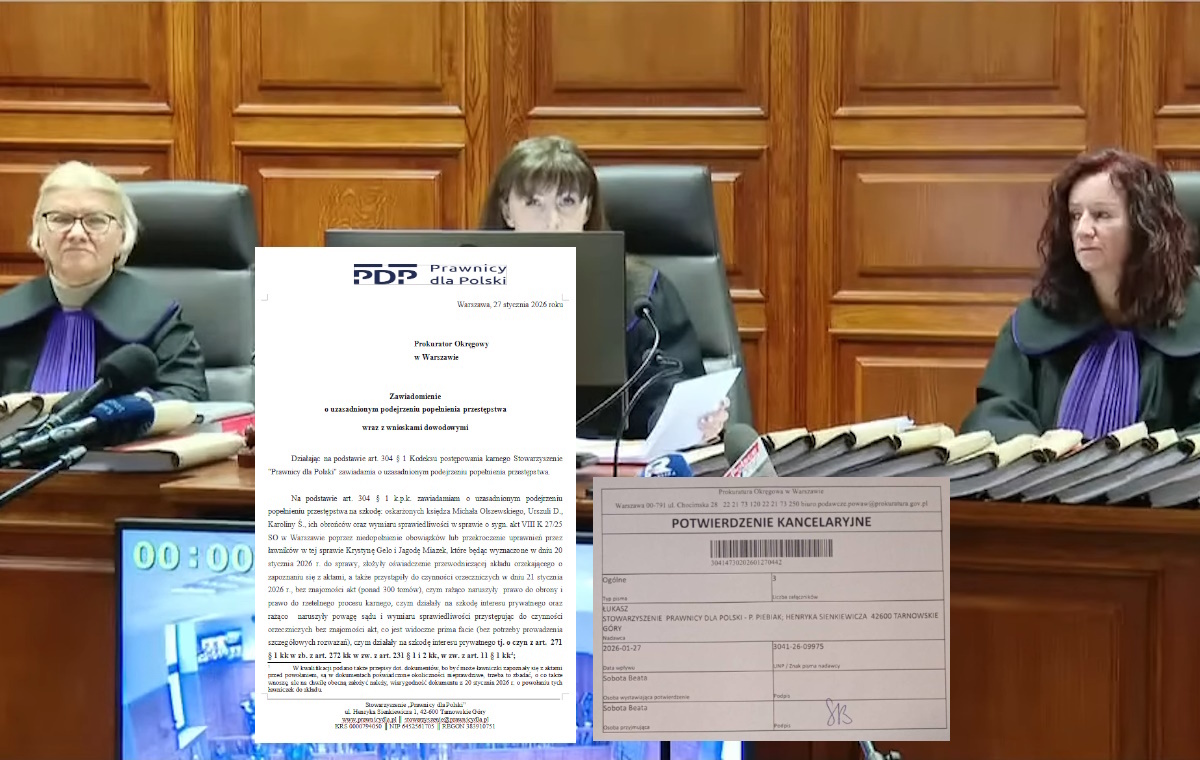

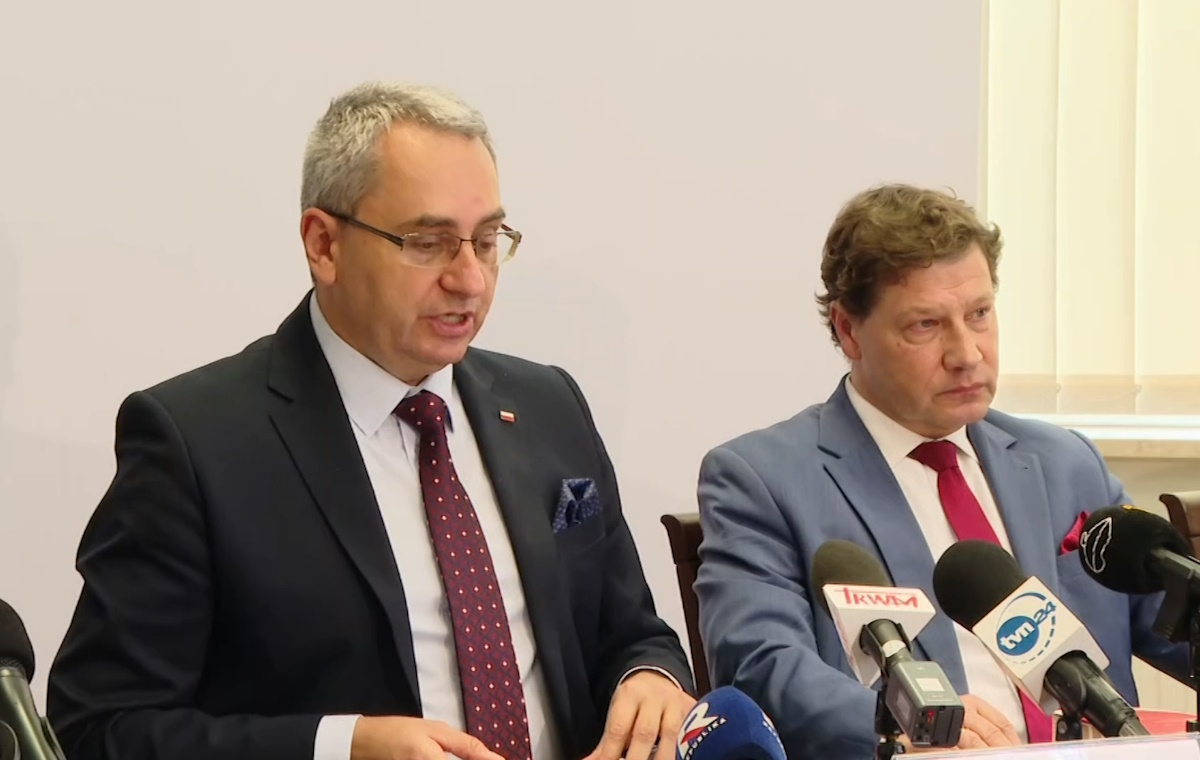

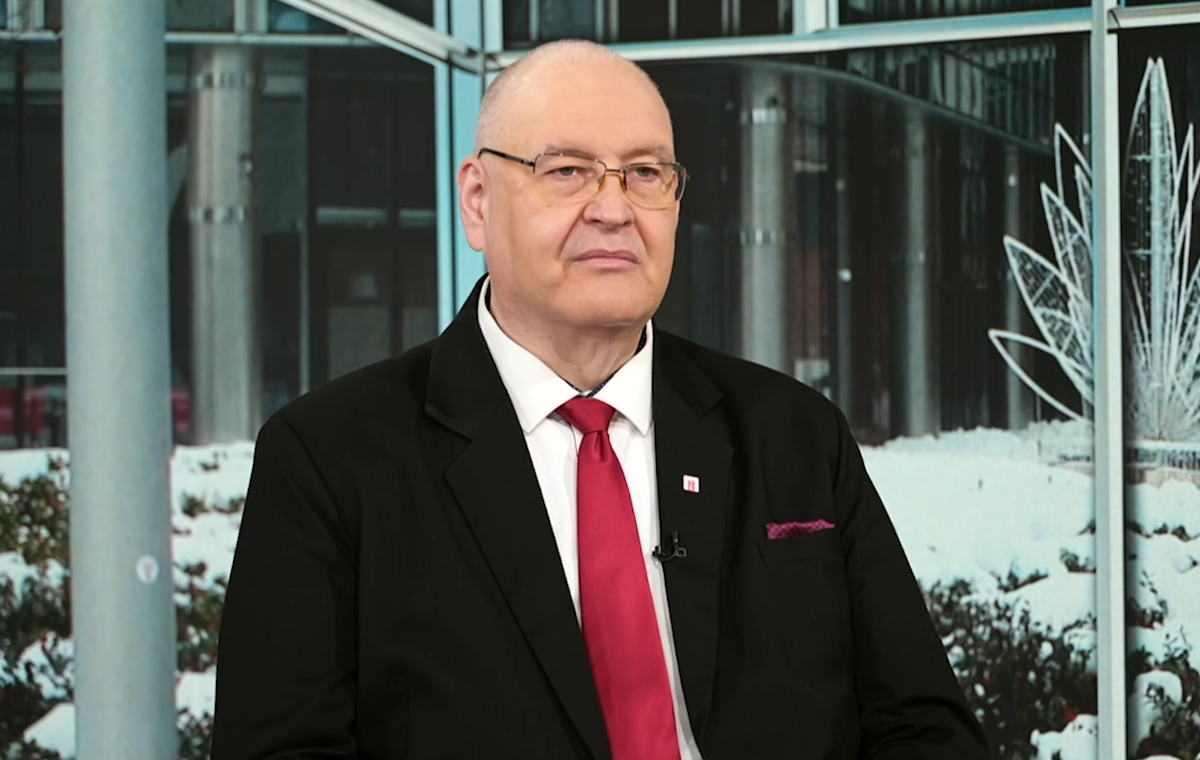
![WZON: Hundreds of disabled (severe degree) victims. They lose up to PLN 1128 a month. No 1 wants to aid them [supportive benefit].](https://g.infor.pl/p/_files/38999000/podwyzki-2026-r-38999277.jpg)


